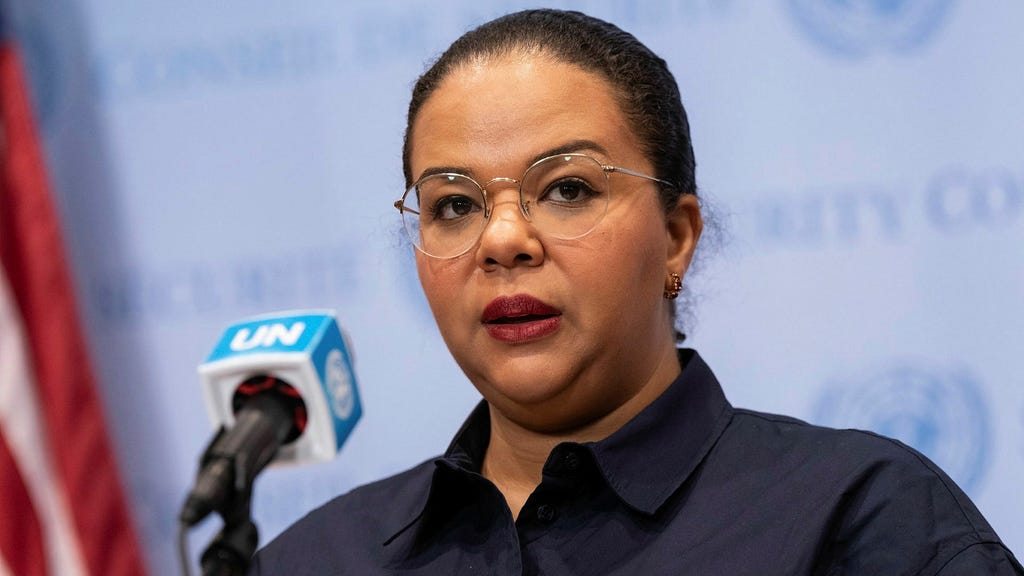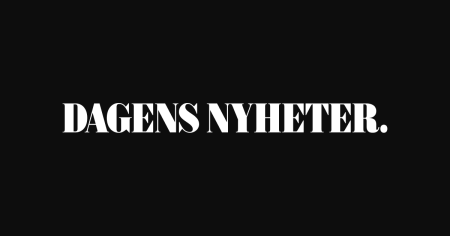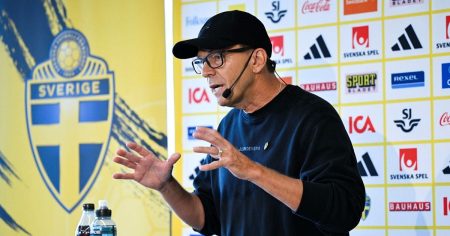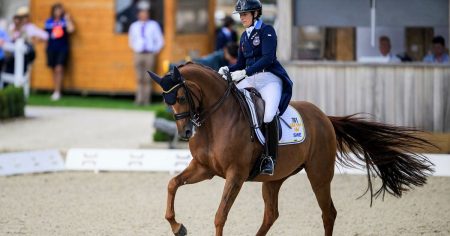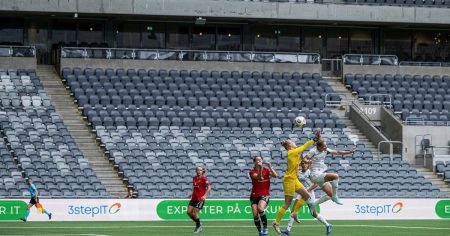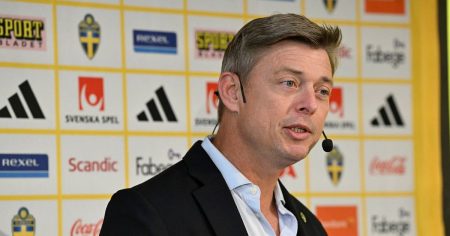The M23 rebel army’s recent seizure of Goma, a key city in the Democratic Republic of Congo (DRC), has reignited international concern about the volatile situation in the eastern part of the country. This occupation, defying calls for restraint from the UN, highlights the ongoing conflict and Rwanda’s alleged role in supporting the M23, both financially and militarily. This has sparked fears of a larger regional war, further destabilizing an already fragile area. The swiftness with which the M23 took control of Goma underlines the precarious security situation and the potential for rapid escalation. This incident throws into sharp relief the complex web of regional politics and the devastating impact on the Congolese people.
Adding another layer of complexity to the conflict are Rwanda’s lucrative sponsorship deals with major European football clubs, including Arsenal, Bayern Munich, and Paris Saint-Germain. These partnerships, involving investments in football academies and prominent advertising placements, have drawn criticism due to Rwanda’s reliance on foreign aid. Critics argue that these funds could be better utilized for internal development and addressing the needs of Rwandan citizens. The DRC’s foreign minister has directly appealed to these clubs to terminate their ”blood-stained” sponsorships, citing Rwanda’s alleged involvement in the Congolese conflict. This appeal underscores the ethical dilemma facing these football clubs and puts pressure on them to reconsider their association with Rwanda in light of the escalating violence.
Rwanda’s relationship with these football clubs provides a platform for promoting tourism and enhancing the country’s image on the global stage. The ”Visit Rwanda” slogan prominently displayed on Arsenal’s sleeves during matches exemplifies this strategy. This branding exercise aims to attract tourists and investment to Rwanda, portraying a positive image that contrasts sharply with accusations of its involvement in regional conflicts. The clash between this carefully crafted image and the allegations of supporting rebel groups presents a stark contradiction and highlights the complexities of Rwanda’s international relations.
The DRC’s foreign minister’s plea to the football clubs carries a strong moral weight, linking their sponsorships directly to the suffering caused by the conflict. By characterizing the agreements as ”blood-stained,” the minister aims to highlight the ethical implications for the clubs and their fans. The appeal to the clubs’ ”consciences” and the reference to the ”victims of the Rwandan attack” seek to evoke a sense of responsibility and urge a reassessment of their partnerships. This plea places the clubs in a difficult position, forcing them to weigh the financial benefits of the sponsorships against the ethical considerations of associating with a country accused of fueling conflict.
The M23 rebellion, rooted in previous conflicts and fueled by accusations of Rwandan backing, has a long and complex history. The group, composed of former Congolese army defectors, has been accused of committing atrocities and contributing to the instability of the region. The ongoing conflict has displaced countless people and caused immense suffering. Rwanda’s alleged support for the M23 adds a regional dimension to the conflict, raising concerns about a wider escalation and highlighting the challenges of achieving lasting peace. The international community’s efforts to address this conflict must grapple with the intricate web of regional politics and historical grievances.
The situation in the DRC represents a multifaceted challenge, encompassing regional instability, humanitarian crises, and ethical dilemmas for international actors. The M23’s takeover of Goma, Rwanda’s alleged role, and the controversy surrounding the football club sponsorships underscore the complexities of this conflict. Finding a path towards peace and stability requires addressing the root causes of the conflict, promoting accountability for human rights abuses, and fostering dialogue between all involved parties. The international community must work together to support humanitarian efforts and promote a lasting resolution that respects the sovereignty of the DRC and ensures the safety and well-being of its people.





